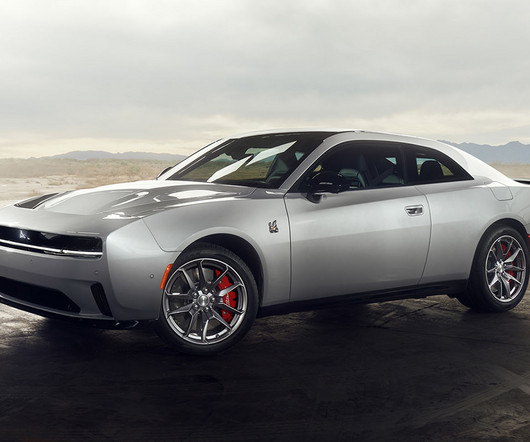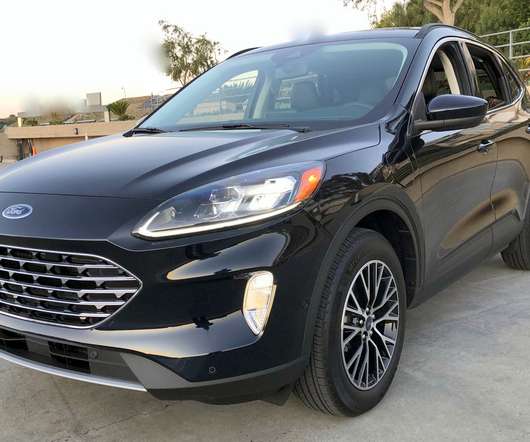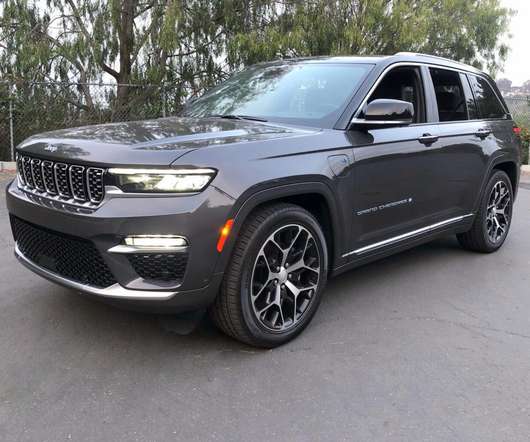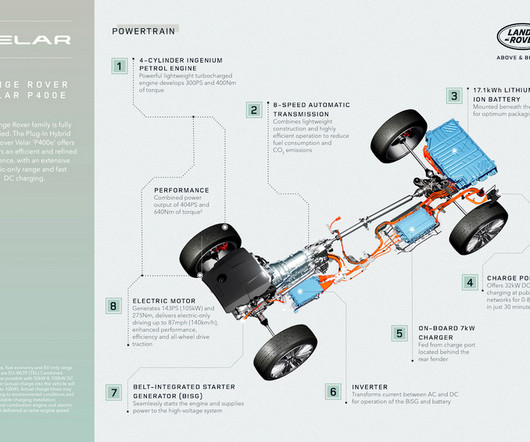Environment Canada/MECA team assesses black carbon emissions in GDI engine exhaust; evaluation of prototype gasoline particulate filter
Green Car Congress
JUNE 2, 2014
Although gasoline direct injection engines (GDI) are a favorable technology for reducing fuel consumption and greenhouse gas emissions, recent studies have shown that GDI vehicles could emit more PM than traditional PFI (gasoline port fuel injection) vehicles as well as heavy-duty diesel trucks equipped with diesel particulate filters.










































Let's personalize your content